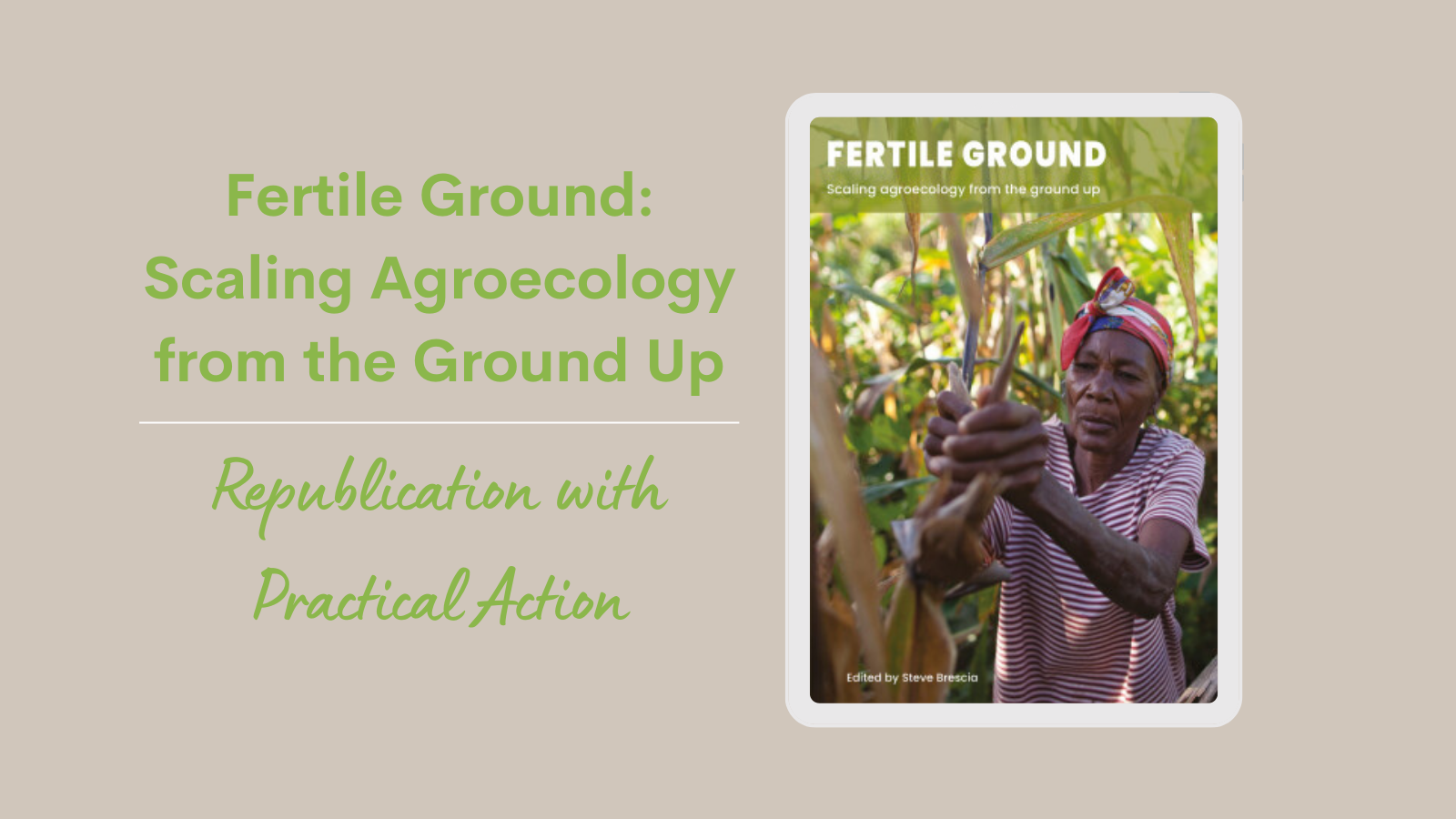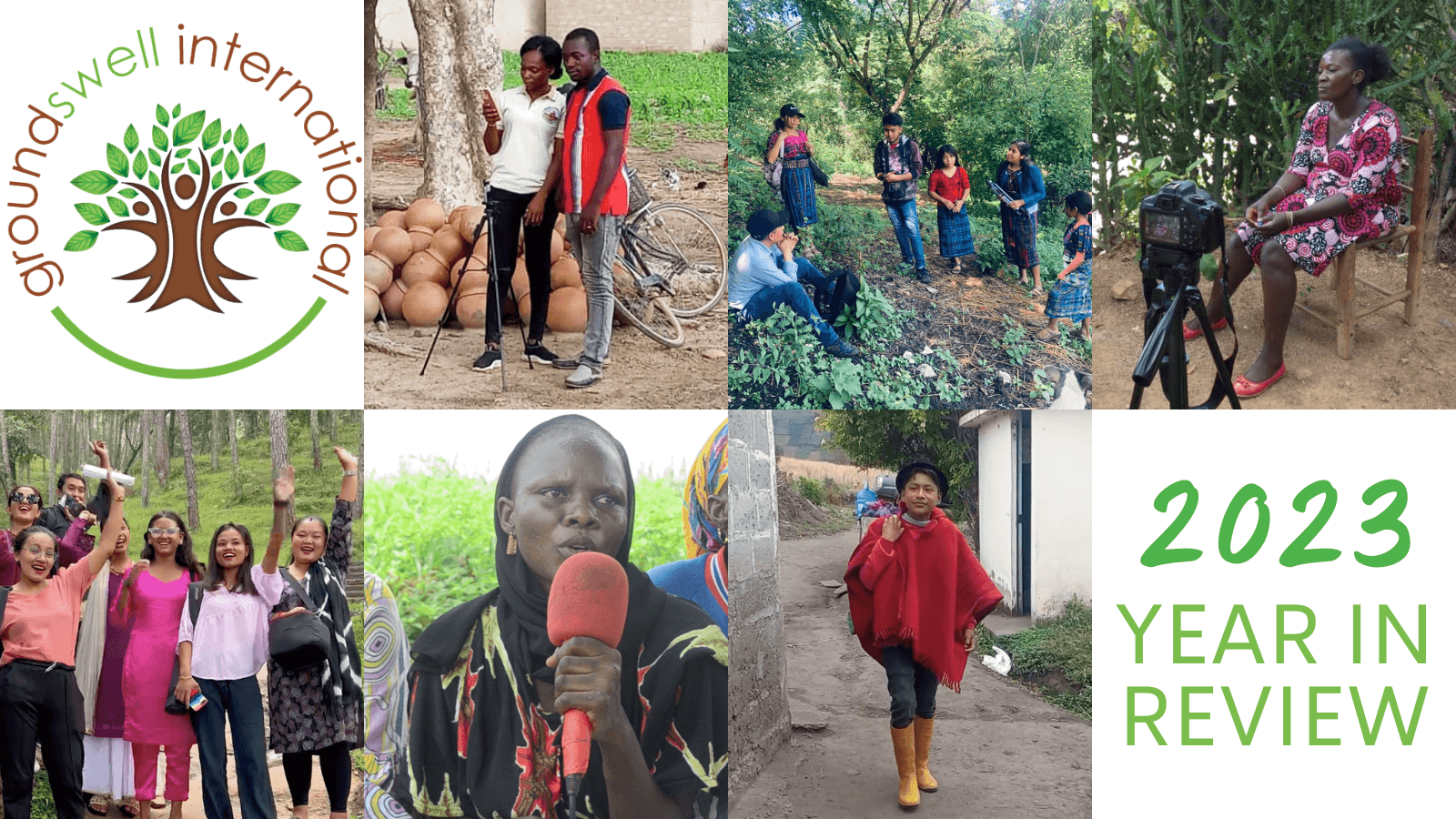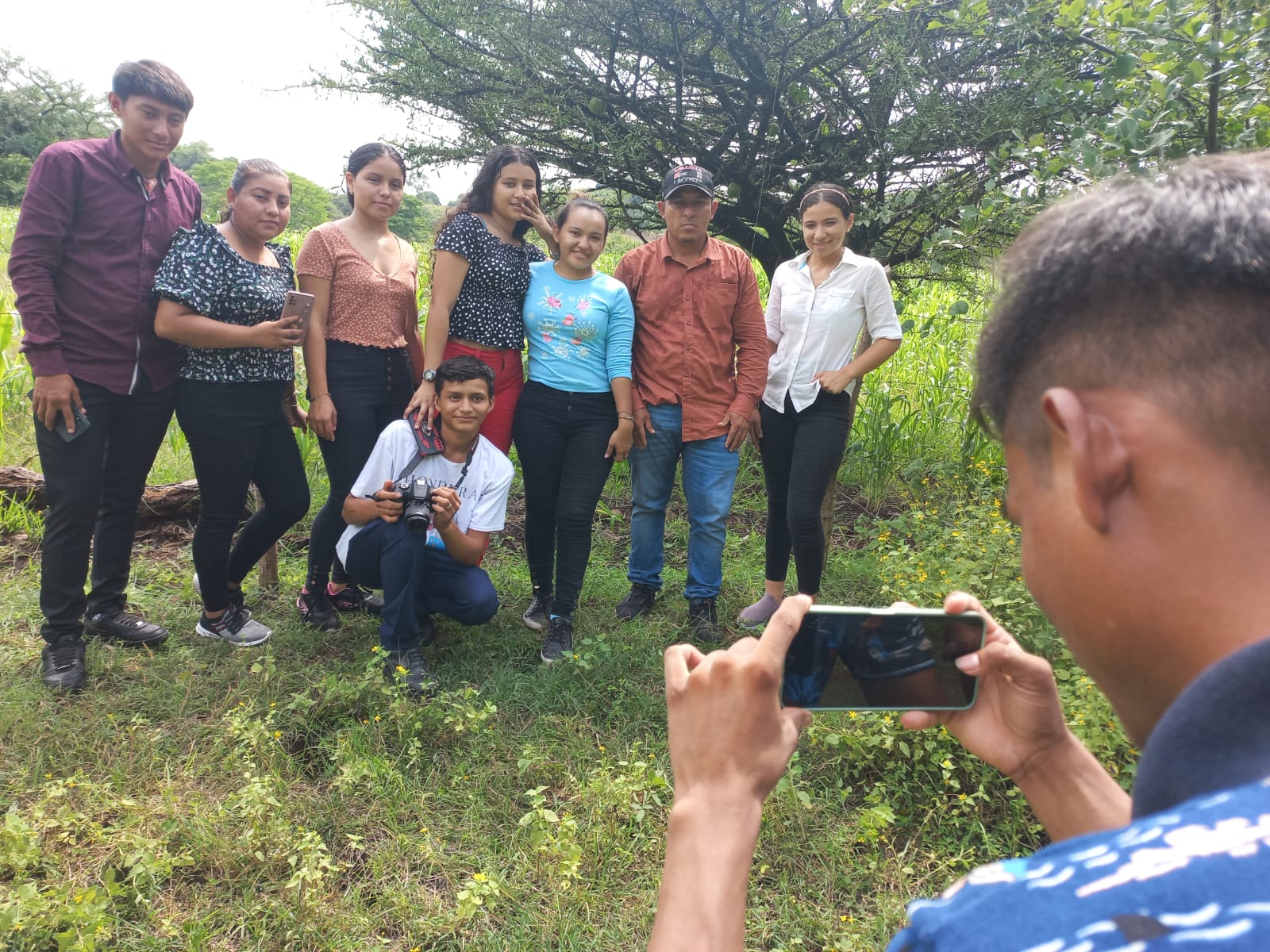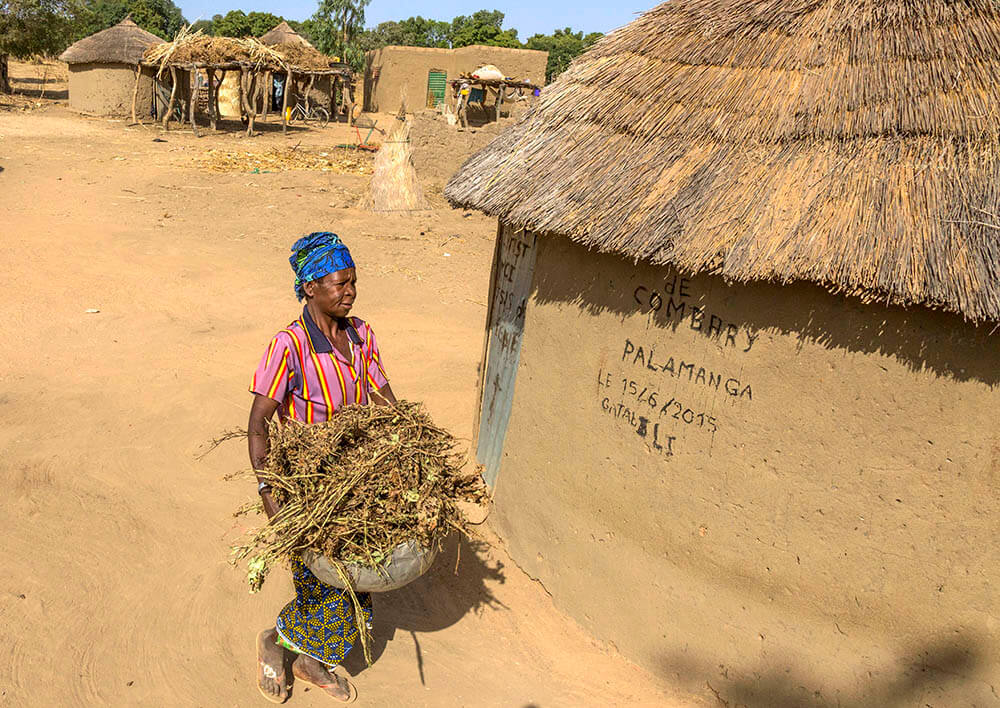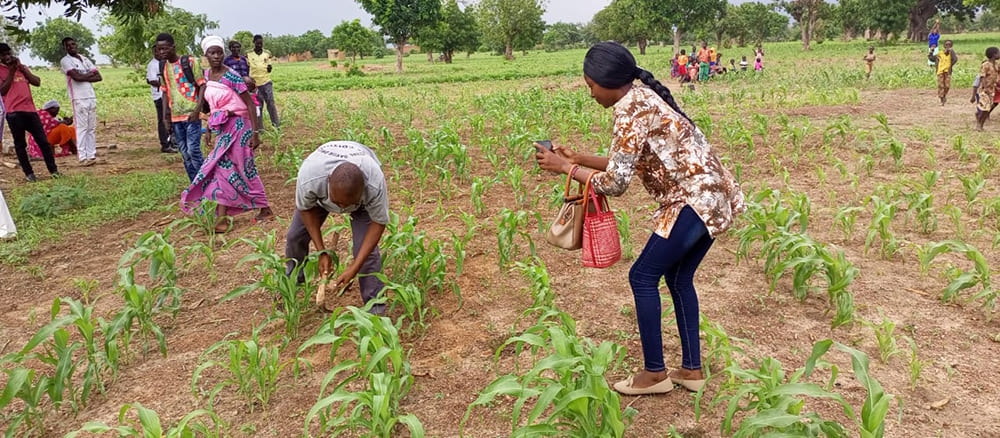It is increasingly clear that the rules by which we have organized our broader economic and political systems, with our agricultural and food systems at their center, are generating overlapping economic, environmental, social, and political crises. Our general ‘operating system’ is broken and has led us to what many are now referring to as a 'poly-crisis.' Industrialized agricultural and food systems are major drivers of climate change, environmental destruction, the dangerous erosion of biodiversity, persistent global hunger and poverty, the displacement and migration of millions … [Read more...] about What Fertile Ground Teaches Us About Scaling Agroecology
Year in Review: Progress and Action in 2023
2023 marked a significant year for Groundswell International, our partner organizations, and the communities in our programs. It brought a series of ongoing triumphs and remarkable displays of resilience within the communities we support. Furthermore, this year witnessed our message about the pivotal role of agroecology in cultivating robust agricultural and food systems starting at the grassroots level, reaching more people than ever before. Help us continue our vital work today, for a better 2024. Youth Storytellers and the 2nd Annual “Field to Film: Youth Storyteller Film … [Read more...] about Year in Review: Progress and Action in 2023
Recapping the 2023 Youth Storytellers with a Festival: Field to Film
In 2021, we launched an innovative program called Youth Storytellers in Burkina Faso and Honduras. Our goal was to create a people-centered, agroecological counter-narrative opportunity for young storytellers to capture the experiences and daily lives of smallholder farmers. In 2023, thanks to generous support from funders and donors, we were able to expand the program to include more youth from more countries. The 2023 Field to Film festival included Burkina Faso, Honduras, Ecuador, Nepal, Haiti, Guatemala, and Senegal. Through the Youth Storytellers Program, Groundswell International … [Read more...] about Recapping the 2023 Youth Storytellers with a Festival: Field to Film
Women Farmers and Climate Change in West Africa
By: Dioma Komonsira Already weakened by gender inequalities and socio-cultural norms, women farmers in West Africa face new challenges in the context of climate change. Due to the dependence of West African agriculture on rainfall, extreme weather events such as prolonged droughts, flash floods, and bushfires are becoming more frequent in the region and have a direct impact on harvests and, by extension, on the food security of farming households, especially women. Difficult access to water, arable land, and financing makes them particularly vulnerable. It exposes them to economic, food, … [Read more...] about Women Farmers and Climate Change in West Africa
Field to Film: Youth Storyteller Film Festival 2023
In 2021, we launched an innovative program called Youth Storytellers in Burkina Faso and Honduras. Our goal was to create a people-centered, agroecological counter-narrative opportunity for young storytellers to capture the experiences and daily lives of smallholder farmers. Our program allowed the young people of Burkina Faso and Honduras to document the strategies and techniques that farmers in their communities use to achieve success and how they share universal elements with farmers from around the world. Moreover, these stories highlighted the use of agroecology, which has improved … [Read more...] about Field to Film: Youth Storyteller Film Festival 2023
Fertile Ground 2023: Scaling Agroecology from the Ground Up – Reissued publication with Practical Action
We take great pride in announcing the re-release of our book, "Fertile Ground: Scaling Agroecology from the Ground Up," edited by Groundswell's Co-Founder and Executive Director Steve Brescia, as an open-source edition published with Practical Action Publishing, launching November 15, 2023. Since the initial publication of this book in 2017, global events have only served to reaffirm our original motivation for documenting and sharing these invaluable agroecological case studies, along with the profound insights and recommendations they offer. We seek to honor the remarkable successes, … [Read more...] about Fertile Ground 2023: Scaling Agroecology from the Ground Up – Reissued publication with Practical Action

